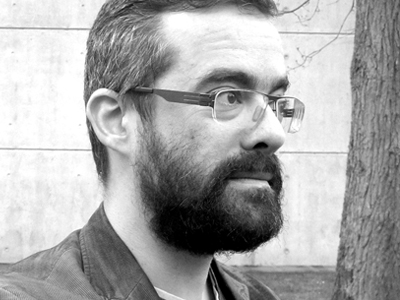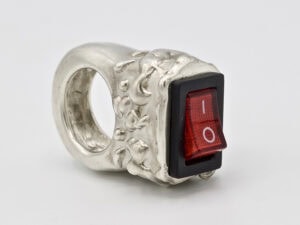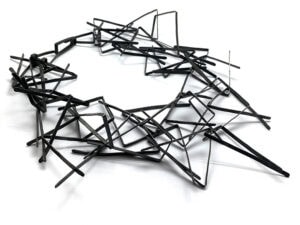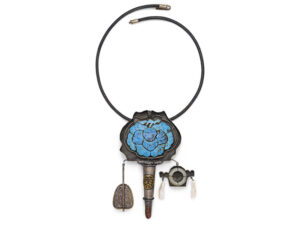In May of 2015, AJF Executive Director Rebekah Frank went out to Minneapolis to attend the very exciting Superscript seminar organized by Mn Artists and hosted by the Walker Art Center (the rest of us attended the seminar through its live feed). The seminar was of interest to AJF for several reasons. Not only was its online platform visually groovy in ways that only people born before 1980 can understand, but it also promised to engage with several questions that occupy AJF constantly. What is online journalism in an age when everyone is a content provider? What is the background of online writers, and by what rules do they abide? Are online media critical? Should online media pay their writers—or, as Aruna D’Souza put it in ArtPractical, should writers accept not to be paid, in exchange for the “massive exposure” that is usually dangled in front of their screen? (This was Superscript’s second topic: Sustainability, Growth and Ethics.)
It turns out that some online media make it their mission to be critical, and some not. The question overlaps with how much “part of a growing community” those writers feel they are, and whether they feel they should nurture it by expressing their passion for it. This is something we have thought about a lot: We decided that treating contemporary jewelry seriously meant we should be both fair and critical, and that the field is “mature” enough to stop being patted on the back all the time.

We all came out of it (physically or digitally) feeling quite good about AJF’s own track record as an online publisher. We have a very large pool of contributors. We encourage them to be critical and we do not censor them. Because we trust them to get their facts right and be fair, we will defend their words. We will also publish dissenting opinions when we receive them, and treat them like articles in their own right. And we do pay writers. Every article you read is the result of a protracted exchange between the editor and the author of the piece. The author sends me a first draft, I send her my feedback, and so we continue until the piece has reached what seems to us like a “pretty damn good” level. AJF contributors take their commission very seriously: They put a lot of work and time into bringing their ideas to publishable form, and we think it is important to reward hard work with hard currency. (We can pay writers thanks to our donors: Our commitment to paying for original content is part of the reason they support us in the first place.)
Another thing that is important for us is to get contributions from young talents; this means commissioning writers who may not have a lot of published work behind them, and making sure that they get the editorial support they need. The way it works is simple: I let people know I am interested in getting them to write for AJF, and they usually send me a couple of examples of what they have written before. Then we discuss the format of the text (review, essay, interview, short analysis…), its scope, the fee, and a deadline. If she is a first-time AJF contributor, I let the writer know about our writing standards, and then send her some more specific guidelines on the format we chose together.
The thing is, I can’t know who, in our world-wide network of readers (or readers’ friends), has an interest in writing. And even though AJF now works with around 160 different contributors around the globe, there are a number of places that we seldom can report on for lack of identified local talents, and myriads of points of view that we’d like to hear about. So, if you live in Mexico, Cuba, Chile, India, Vietnam, China, Japan, Egypt, France, Spain, Portugal, or Russia, if you simply want to contribute to the current discourse of contemporary jewelry, and if you are committed to writing, please do drop me a line.
AJF’s website standards, which spell out what we expect from contributors, can be found here.




